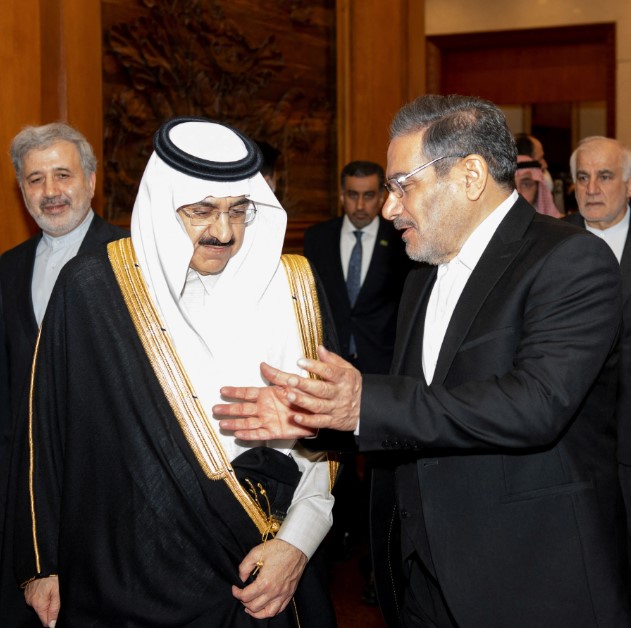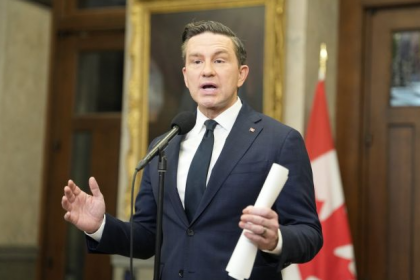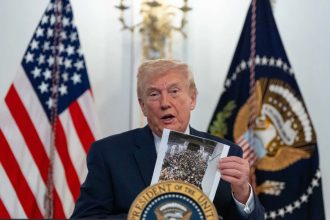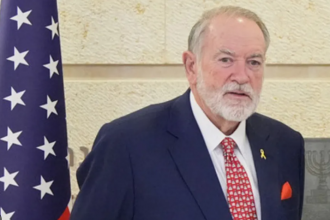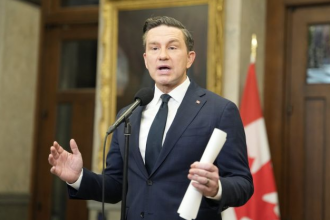March 10, 2023: Iran and Saudi Arabia have agreed to restore diplomatic ties after seven years of tensions, threatening stability and security in the Middle East. After days of talks hosted by China, the two regional powers agreed on Friday to reopen their embassies and missions in the next two months.
Below is a roundup of international reactions to the statement issued by China, Iran and Saudi Arabia. This story will be updated as more reactions come in.
China:
The restoration of ties between Iran and Saudi Arabia is “major good news” in the current turbulent world and a “victory” for dialogue and peace, the Chinese Ministry of Foreign Affairs cited top diplomat Wang Yi as saying. China will continue to play a constructive role in global hot spots and demonstrate its “responsibility” as a leading nation, Wang said.
United States:
Saudi Arabia kept Washington informed of its talks with Iran to restore diplomatic relations, but White House spokesman John Kirby said the United States was not directly involved. “The Saudis did keep us informed about these talks that they were having, just as we keep them informed on our engagements, but we weren’t directly involved,” Kirby told reporters. “De-escalation and diplomacy together with deterrence are key pillars of the policy President [Joe] Biden outlined during his visit to the region last year,” a White House National Security Council spokesperson told Reuters.
Iraq:
Iraq, which had hosted several rounds of reconciliation talks between Saudi Arabia and Iran since 2021, welcomed the agreement. “A new page has been opened in diplomatic relations between the two countries,” said a statement from the Iraqi Ministry of Foreign Affairs.
United Arab Emirates:
Anwar Gargash, a diplomatic adviser to the UAE, also welcomed the agreement and hailed China’s role in reaching it. “The UAE believes in the importance of positive communication and dialogue among the countries of the region towards consolidating the concepts of good neighborliness and starting from a common ground to build a more stable future for all,” he wrote on Twitter.
Yemen’s Houthi rebels:
The chief negotiator for Yemen’s Iran-aligned Houthi movement said diplomatic ties between countries in the Middle East are needed.
“The region needs the resumption of normal ties between its countries for the Islamic nation to reclaim its lost security as a result of foreign interference,” Mohammed Abdulsalam said. Yemen has been split by an eight-year war pitting the Houthis against a factious coalition supporting Yemen’s government. It is led by Saudi Arabia and includes southern forces backed by the UAE.
Oman:
Oman welcomed the joint communique on the resumption of diplomatic ties between Riyadh and Tehran, its Foreign Ministry said in a statement. “This is a win-win for everyone and will benefit regional and global security,” said Omani Foreign Minister Badr Albusaidi. “We hope in the longer term there’s also potential for increasing economic benefits for all,” he added.
Qatar:
Prime Minister Sheikh Mohammed Bin Abdulrahman al-Thani, who also acts as foreign minister, called the foreign ministers of Iran and Saudi Arabia to welcome the deal.
Lebanon’s Hezbollah:
Hassan Nasrallah, the head of Lebanon’s powerful armed group Hezbollah, said the resumption of ties between its backer Iran and longtime rival Saudi Arabia was a “good development”.
Egypt:
Cairo hopes the agreement will contribute to easing of tension in the region, said Egypt’s foreign ministry.
Bahrain:
Bahrain welcomed the agreement formed between Saudi Arabia and Iran under the auspices of China to resume diplomatic relations between the two countries, Bahrain’s news agency reported, citing the foreign ministry.
Turkey:
The Turkish foreign minister welcomed the agreement in a phone call with his Saudi counterpart, according to the Saudi state news agency.
Israel:
Meanwhile, the Israeli regime did not seem to take the development so well. Former Israeli Prime Minister Naftali Bennett called the agreement a “political victory” for Iran and a “serious and dangerous development for Israel.” “This delivers a fatal blow to efforts to build a regional coalition against Iran,” he said.
Former Prime Minister Yair Lapid also described the reconciliation deal as a dangerous development that strips Israel of its regional defensive wall. “The agreement between Saudi Arabia and Iran reflects the complete and dangerous failure of the Israeli government’s foreign policy,” Lapid said.
Benny Gantz, former minister of military affairs, also reacted to the rapprochement, stating that it was a cause for concern.

